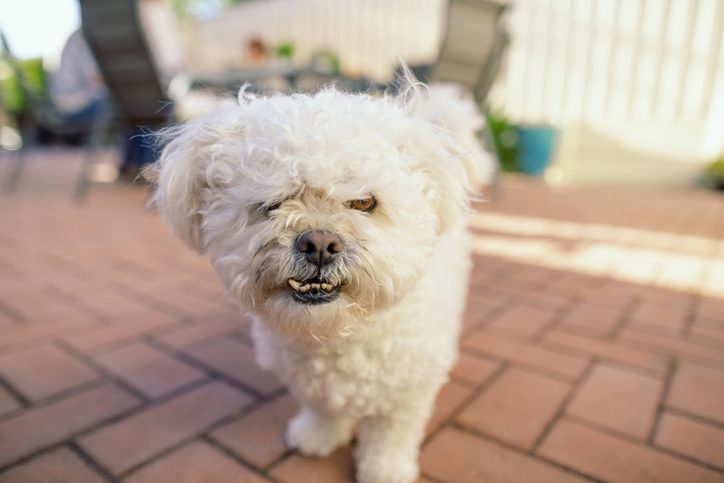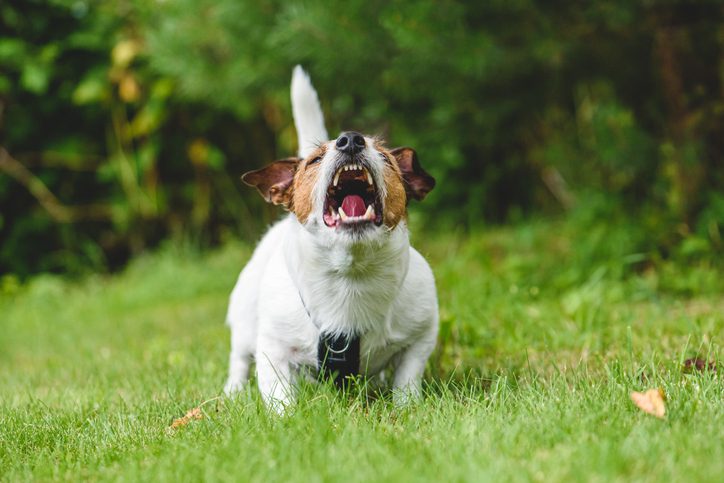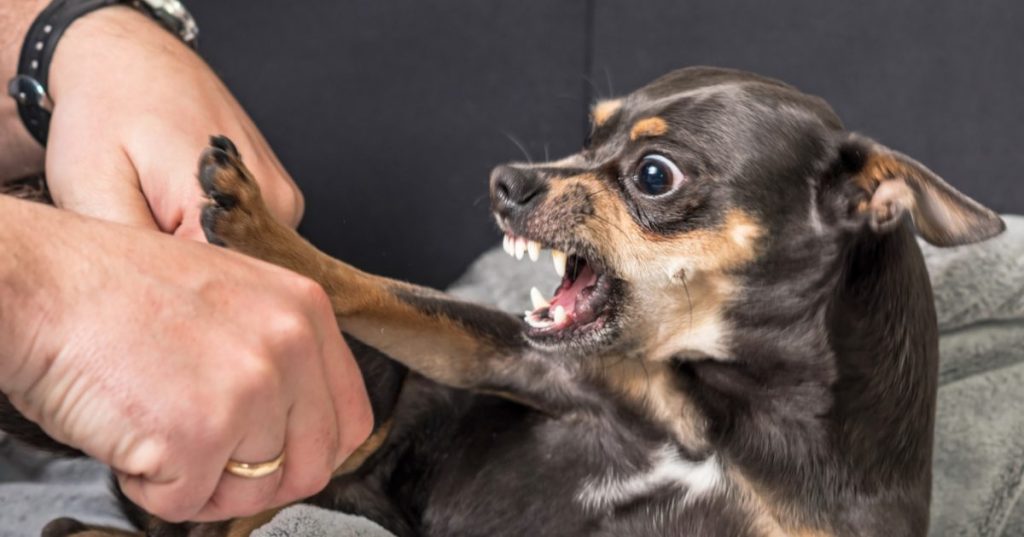Trending Now
If you love dogs and have dogs as a part of your family, there’s a good chance you have a preference when it comes to big puppers or little puppers.
Even if big dogs are your jam, though, there’s no denying those little dogs are charming and adorable (unless they’re barking at you), but you’ve probably also noticed they seem prone to anxiety, even visibly shaking sometimes.
But why?
According to animal behavior expert Dr. James Serpell, there could be a few different reasons.
“It could be a genetic association with small body size. It could be because little dogs feel more threatened and defensive than bigger dogs and are therefore more likely to react aggressively. And it could be that the owners of small dogs are more protective of their pets and consequently fail to socialize them properly when they are young and impressionable. Or maybe it’s a combination of all three.”
Which is to say, there’s a lot of debate, and animal behaviorist Dr. Erica Feuerbacher, that’s because most of the “evidence” comes from the anecdotal experiences of their owners.
“Results from owner reports on dog behavior show that lighter weight dogs tend to be more excitable and energetic, and that could translate into barking more.”
That said, she and others agree that how these dogs are trained and raised by their owners could be playing at least as big a part as what nature gave them in their small size.
“Because they are small, having a dog 10 times their size approach them could likely be scary and they feel a need to defend themselves, which manifests as growling or snapping since this is how dogs communicate. Because they are small there’s also a sense for some (not all) owners that they don’t need to be trained and that they can be managed by simply picking them up, which you can’t do with a barking Labrador retriever.”

Image Credit: iStock
There is some actual evidence, in the form of a 2013 study, that shows owners treat big dogs differently than little ones – basically, people are more likely to feel comfortable interacting with puppies and large dogs than they are small ones.
Behavioralists also think that the “cute factor” as it relates to small dogs could cause people to interpret their behavior as not as threatening, whereas the same reaction from a larger dog could cause concern.
Feuerbacher explains that a growl and a show of teeth means a dog is stressed and uncomfortable, no matter the size.
“A greater recognition that these behaviors are indicative of the dog not handling the current situation well, and being stressed would be really helpful to these dogs’ welfare.”
There are some experts, like Dr. Catherine Reeve, who believe all behavior issues typical to smaller dogs can be put down to nurture, not to nature at all.
“Small dogs are not inherently more aggressive or yappy than larger dogs. Small dogs have a bad reputation for these behaviors because people tend to socialize and train small dogs less than larger dogs. People also tend to invade the personal space and disregard the boundaries of smaller dogs more often because they are ‘cute’ and people feel less threatened by them compared to, say, a large German shepherd.”

Image Credit: iStock
Basically, people call small dogs “grumpy” and laugh off their bad behavior while they’re much more concerned and likely to reign in the behavior if the dog is larger and labeled as more “dangerous.”
So there you go – it could be partly due to nature, but experts seem to fall more on the side of the issues stemming from how humans interact with them, instead.
If you’ve got a little dog, train them up – they’ll be happier and so will everyone else!







